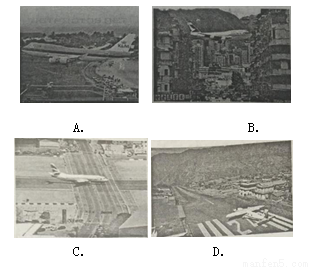ÌâÄ¿ÄÚÈÝ
Friends come to visit us in the evening, they spend their time telling us they are in a hurry and looking at their watches£®It isn¡¯t that our friends are all very busy, it is just that When we haven¡¯t got a television£®People think that we are very strange£®¡°But what do you do in the evening?¡±£¬they are always asking£®The answer is very simple£®Both my wife and I have hobbies£®We certainly don¡¯t spend our evenings staring at the walls£®My wife enjoys cooking and painting and often attends evening classes in foreign languages£®This is particularly useful as we often go abroad for our holidays£®I collect stamps and I¡¯m always busy with my collection£®Both of us enjoy listening to the music and playing chess together£®
Sometimes there are power cuts and we have no electricity in the house£®This does not worry us, we just light candles and carry on with what we were doing before£®Our friends, however, are lost---no television!---So they don¡¯t know what to do£®On such evenings our house is very full ---they all come to us£®They all have a good time£®Instead of sitting in silence in front of the television, everybody talks and plays games£®
1.The couple have not got a television, because £®
A£® they are not rich enough
B£® they are strange people
C£® they enjoy spending evenings in their own ways
D£® they don¡¯t know what to do when there are power cuts
2.Both of the couple are interested in £®
A£® learning languages
B£® traveling
C£® staying home alone
D£® watching people play games
3.At night when there is no electricity, the couple £®
A£® have to stare at the walls
B£® can do nothing but sit in silence
C£® will have many visitors
D£® have to go out for candles
4.The writer tries to tell us that ____£®
A£® the television is useful
B£® electricity is important
C£® life is enjoyable without television
D£® life is impossible without a television
 ÅàÓÅÈýºÃÉúϵÁдð°¸
ÅàÓÅÈýºÃÉúϵÁдð°¸

